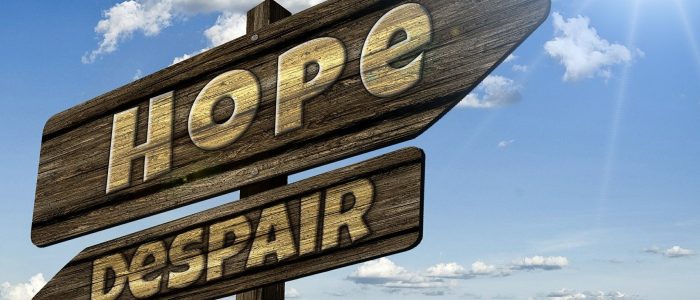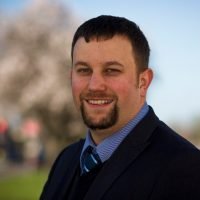“11 years of lockdown”

I was due to film a short video at a studio space adjacent to a local Men’s Shed. Max met me at the door. After a COVID-secure greeting, he enthusiastically showed me into his workshop and through to the room I would be using. We moved some furniture around, I set up my camera, and he returned to his woodwork. After the recording, I sensed that Max wanted to talk. We chatted outside while he smoked a cigarette and I packed my gear back into the car. The conversation soon turned to COVID, and the lockdown. “Lockdown?”, he said, “I’ve been locked down for 11 years!”
Max had been hit by number of personal crises. A bout of cancer left him unable to continue as a bricklayer. The depression that followed led to family breakdown and a pretty isolated life. Many of us know a Max. He may have made some bad choices along the way, but circumstances were not in his favour. More recently, lockdown and social distancing have swept away some of the few relationships he has.
Loneliness and isolation are growing problems in UK society which were recognised long before COVID-19 hit. Yet this crisis has brought the issue home, as many of us have felt a shrinking of our social circles. The broad variety of friendships that many of us enjoyed have become quite limited. You can’t bump into people at the shops, your place of worship, or the pub. Everything has had to become more intentional. Which means people like Max, who are on the fringe of friendship circles, are the first to get cut off. And, of course, all of us do better in conversation and social situations the more we have them. We get more awkward and maybe a little bit more eccentric when we are isolated and ‘in our own heads’.
Therefore, during a time like this, we are beholden to use the experience of social isolation and the empathy that we can have with people like Max to find lasting solutions. After all, we all want to be part of a thriving community where no one feels they are still in lockdown after this crisis has lifted.
After the initial shock and novelty of our first lockdown in March 2020, the government made use of different bodies of influence (such as the task force on Places of Worship, which I’ve been part of) to get a more sensible and nuanced approach to COVID restrictions. Whereas in Lockdown 1 the focus was on protecting the body, this time in 2021, the exemptions around places of worship, childcare bubbles and support groups etc. have shown and understanding that to protect humans we have to do more than just protect their bodies. Implicitly, the government has recognised that we are all three parts: body, mind and soul.
The recent announcement from the Prime Minister of a ‘roadmap’ out of lockdown on the 22nd February was very welcome – we have been agitating various departments of government for such a roadmap for the past few months! We hear that within 12 hours of Boris Johnson’s announcement, there was a 300% increase in travel bookings, as people started to consider what they could do and when they could do it. As humans we need to have a light at the end of the tunnel. Or maybe, to put it better, we need hope.
As faith communities, it is now up to us to think carefully about how we minister to body, mind and soul. It is without doubt that the practical response that faith communities have shown throughout the UK has made a significant and lasting impression on local and national government. In two recent meetings that FaithAction has had with large local authorities who are considering signing the Faith Covenant, officials and elected members have said the question is no longer should we recognise the role that part faith plays in society, but rather, why not?
Whilst lorry drivers have been fed, flood victims have been aided, prescriptions have been delivered, and food has been provided, we still have the lasting issue of Max. Faith communities are not just an extension of the Government’s support for the poor – we have a role to speak up about the injustices of the systems in our nation. I believe we have a role to play to provide models of solutions. But we also have a broader role, to look out for the likes of Max and to provide a place for him, even when it is inconvenient and a bit awkward.
That means we have to continue to push at the boundaries of our practise. Let us not just settle into a pattern – we have a duty to body, mind and soul.



